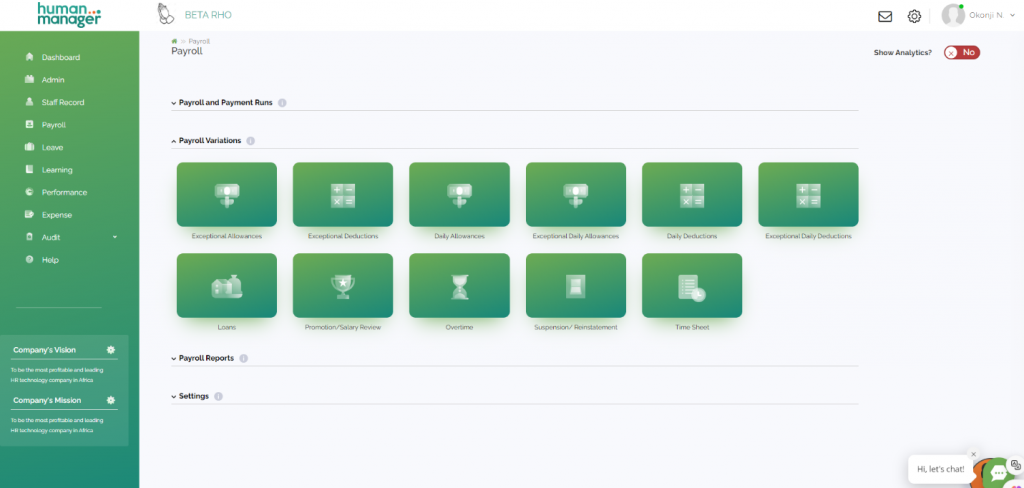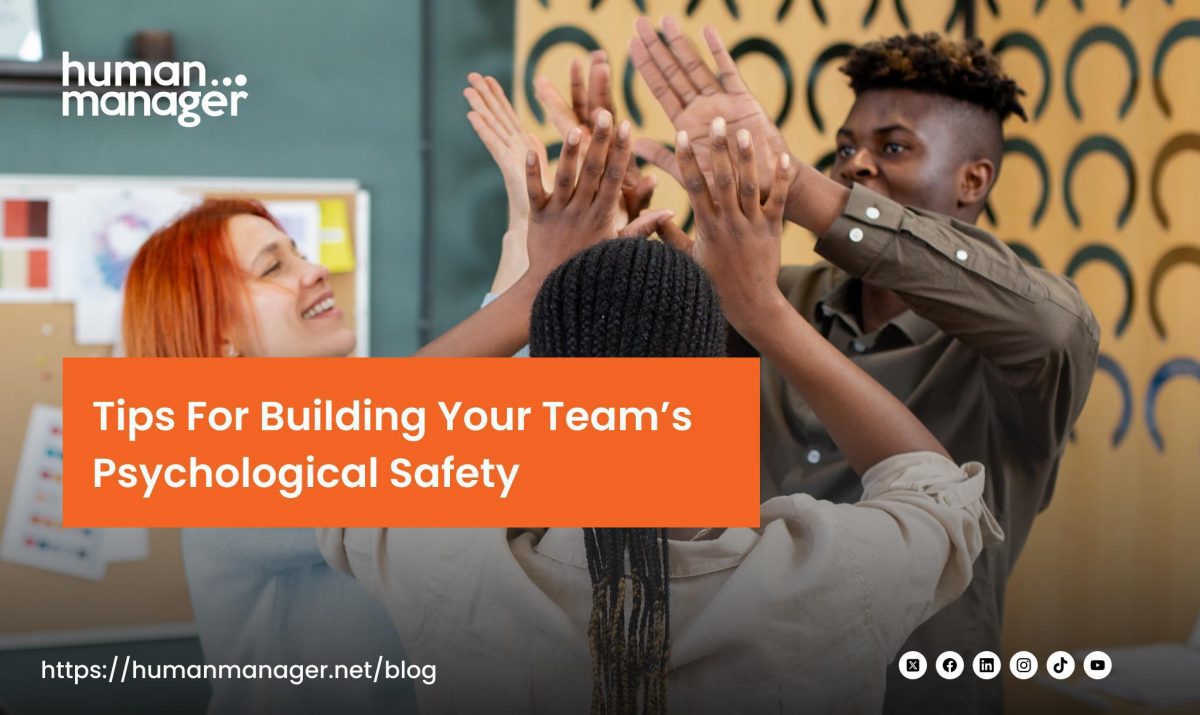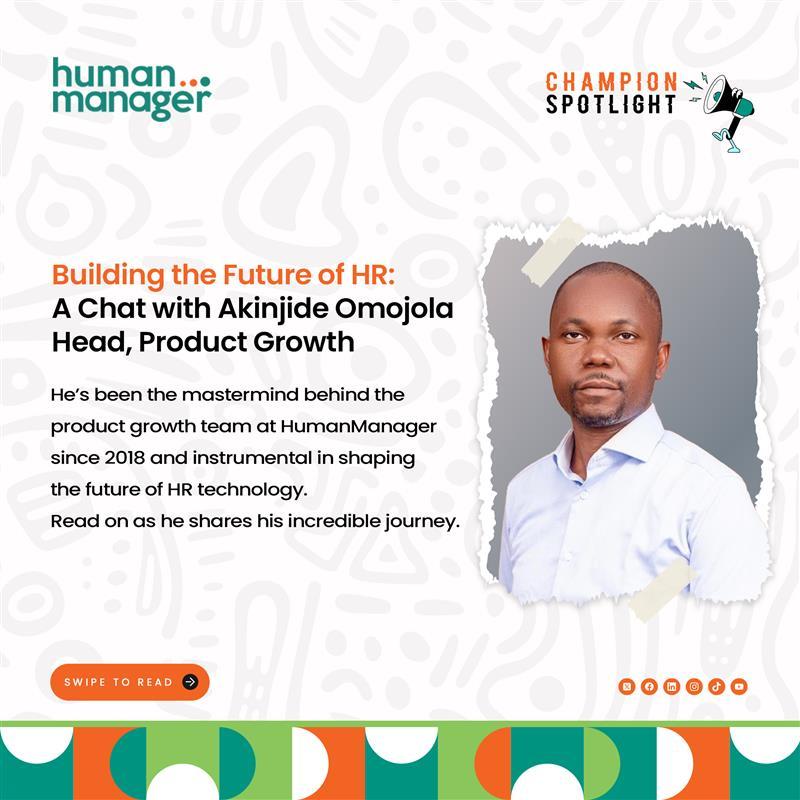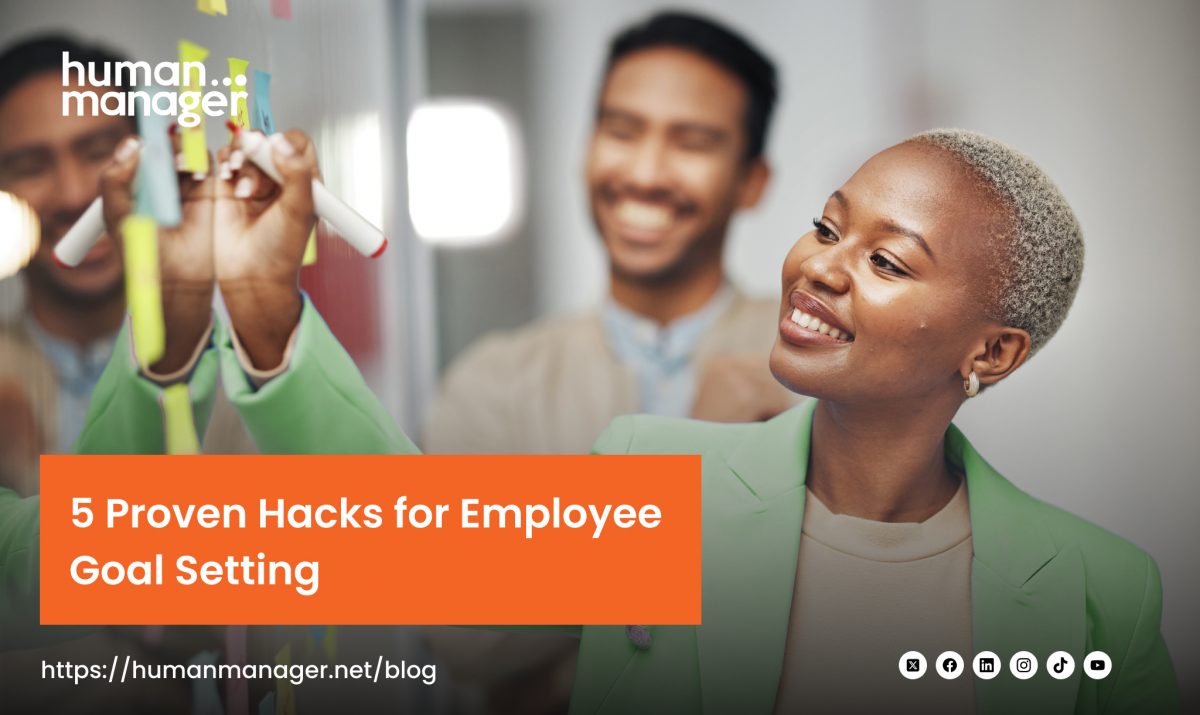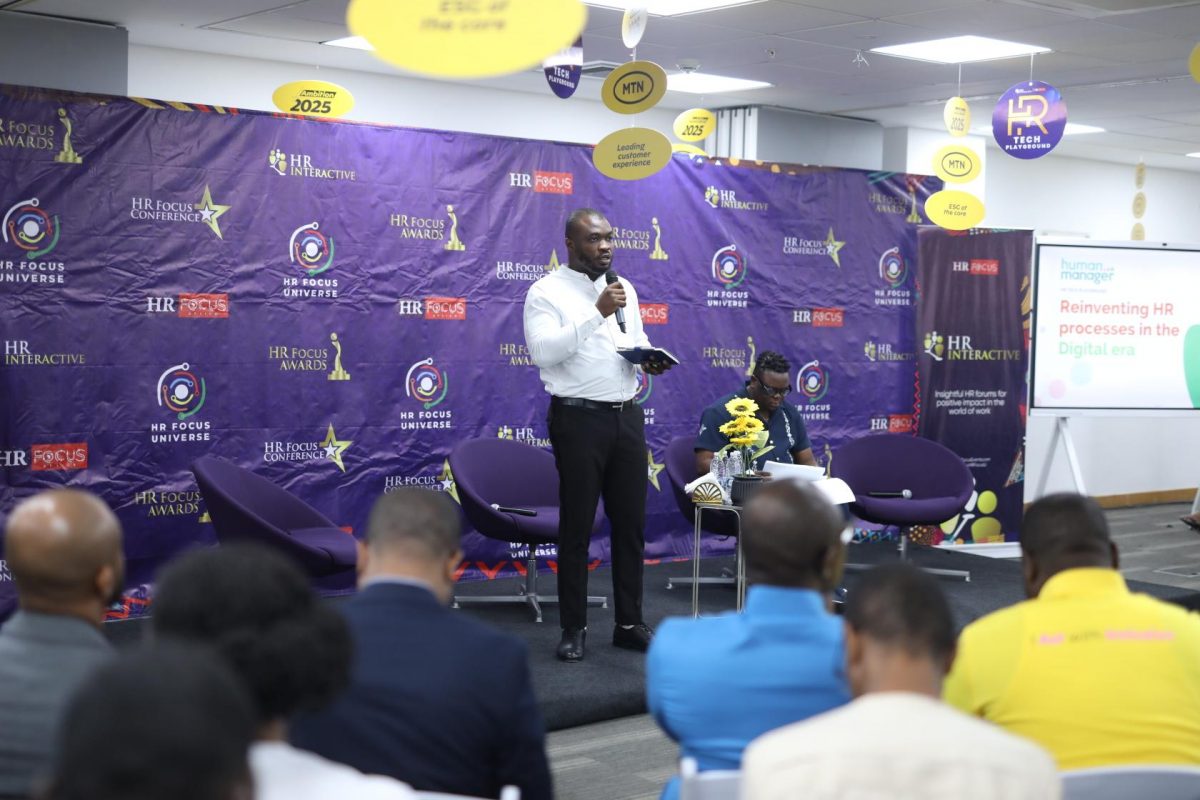In today’s dynamic business landscape, growth is more than just a goal—it’s a passion. For Sharon Kayobor, a Business Development Associate at HumanManager, helping businesses thrive isn’t just her job; it’s her daily drive. Sharon’s commitment to uncovering new opportunities and ensuring client success powers her work, making her an invaluable part of the HumanManager team.
When did you join HumanManager Limited and how’s your experience so far?
I joined HumanManager Limited in April 2023 as a Business Development Associate. My role includes relationship management with prospective, new and existing clients. To achieve this, I leverage clients’ unique challenges to enhance their operations and align our offerings with their business goals, fostering long-term partnerships. These experiences have strengthened my market analysis and relationship management skills, which are key to growth and ensuring clients feel supported.
Explain your role to a 5-year-old
A business development associate is like a company explorer. He/she looks for new people who might want to buy the company’s goods or services at a price. The associate then talks to these people to understand their needs. He/she shares that information with the company to help make specific goods or help them do what they want. So, they assist the company in discovering more friends and keep everyone happy!
What motivated you to pursue a career in business development, and what excites you most about your role?
My motivation to pursue a career in business development stems from the desire to help businesses grow and succeed. Contributing directly to a company’s success and positively impacting clients is deeply fulfilling, and I enjoy the excitement of identifying and nurturing new opportunities.
What has been your biggest challenge in client relationships?
My biggest challenge is adapting to each client’s unique needs and expectations. I prioritize active listening, consistent communication, and delivering value to build trust and foster long-term partnerships.
How do you stay motivated and focused when working towards long-term goals?
I break down my long-term goals into smaller, manageable milestones. This approach makes the journey feel less overwhelming and allows me to celebrate my little wins.
What are the unique attributes people don’t know about you?
One unique attribute that people may not know about me is my passion for cooking. When I’m not working, I love to spend my time in the kitchen, I find great joy in preparing meals.
What’s your favourite way to unwind after a busy day at work?
My favourite way to unwind after a busy day is by getting a good night’s sleep. I truly value my rest and prioritise relaxing and recharging – I won’t trade this for anything after a long day.
If you are to eat only one kind of food in a month, what will it be and why?
Amala and Ewedu with stew would be my one-month food choice. Its harmonious blend of textures and flavours, along with its nutritional value and ease of preparation, makes it irresistible!




